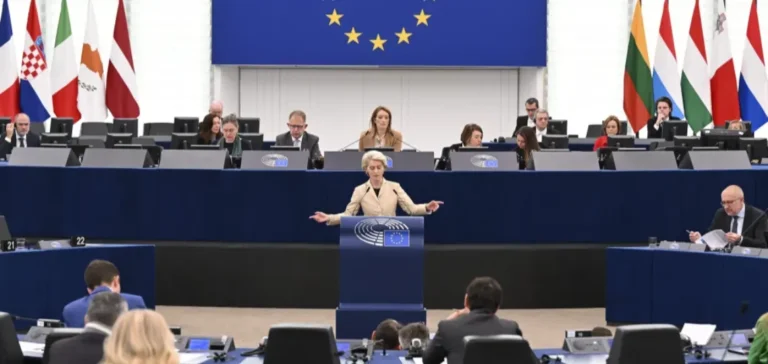The European Union Agency for the Cooperation of Energy Regulators (ACER) has applied a new fee regime since 15 September under the Regulation on Wholesale Energy Market Integrity and Transparency (REMIT). This follows Commission Decision (EU) 2025/1771, which revises ACER’s funding conditions in relation to its monitoring responsibilities.
Expanded scope to new actors
Entities subject to reporting obligations, including Registered Reporting Mechanisms (RRMs) and Inside Information Platforms (IIPs), are now required to contribute financially. Fees are calculated based on activity levels, combining a fixed annual charge and a variable fee linked to the number of transactions reported on behalf of market participants.
The European Commission stated that the reform aims to ensure ACER’s financial viability, in a context where data volumes have grown by 47% annually since 2021. The measure reflects ACER’s expanded powers in cross-border investigations, introduced by the revised REMIT adopted in 2024.
Fair cost allocation among reporting entities
The new system is designed to avoid excessive burden on smaller actors while ensuring that entities generating higher transaction volumes contribute more. This proportional approach allows RRMs and IIPs to pass costs onto clients based on their market weight.
Additionally, fee revenues can now fund ACER’s new responsibilities, particularly its role in monitoring market abuse. The adjustment to the 2020 decision also accounts for inflation, market changes, and the rise of high-frequency trading.
Towards better integration of REMIT into financial practices
The 2024 REMIT revisions aligned its rules with those governing financial markets, enhancing transparency requirements and empowering national regulatory authorities. All REMIT-related data must now be reported to ACER via RRMs and IIPs, reinforcing their role in data transmission.
The scope of covered products and participants has broadened. Between 18 August and 17 September, the Commission held a public consultation on two draft regulations related to the revised REMIT’s implementation.






















